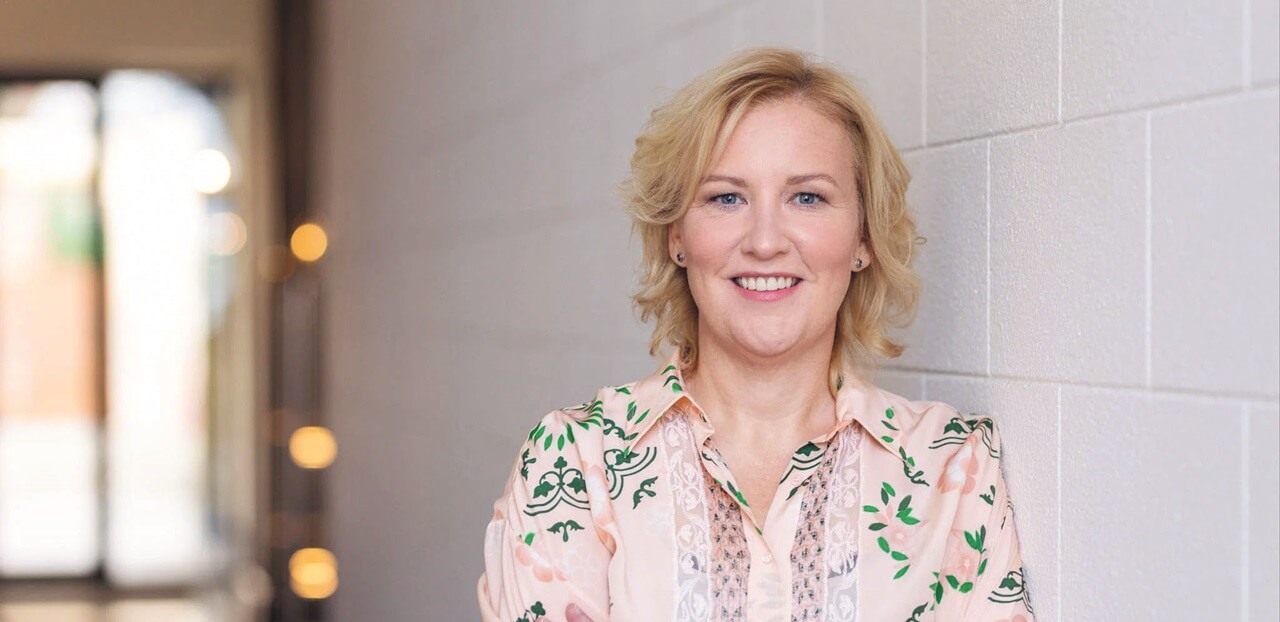An Lommers (ASML): ‘Fortunately, I have not lost the ability to question myself’

19-11-2024 | Image: ASML
ASML is known for having quite a tough, tech culture. Is that a fair assessment?
‘I can see some truth in that. But this ‘toughness’ stems from passion and a love for what we do, not from a need to emotionally impact on each other. We have a culture where challenges and collaboration go hand in hand and caring about one another is as important. When my father passed away last year, I felt genuinely supported by my colleagues. This sense of involvement enables people to engage in strong, content-driven debates without fear of negative personal consequences. We do need to keep growing, though. In the past, the focus was primarily on technological innovation and business leadership; now people leadership and coaching are developing to be even more important.’
How much emphasis does ASML place on diversity and inclusion?
‘At ASML, the focus has traditionally been on neurodiversity and cultural diversity —which makes sense for a company with more than 140 nationalities. We have now also set targets for gender diversity. At the same time, we need to be realistic: in comparative numbers there simply are fewer women who pursue technical studies. We do our best to attract and retain female technical talent, but there still is a long way to go. It is, however, essential to keep pursuing this.’
ASML has a female workforce of only 20 to 25 percent. As a female leader, does this affect you?
‘No, it does not. I do notice that men and women sometimes communicate differently, just like people from different cultural backgrounds. I adjust to that, out of respect for my colleagues, not because they are men.’
Many studies indicate that women need to work much harder to be taken seriously than men do.
‘I never felt that I had to prove anything extra simply because I am a woman. However, I did for a long time struggle to speak up about my development and career path, to the point where I could have used some help overcoming my insecurities. This is an aspect I felt I specifically had in common with a significant number of the women I participated with in the Women on Boards leadership program. My insecurity has definitely decreased thanks to the program. Simply realizing that so many different women struggle with the same issues as I do, and that we could talk about it openly, was enormously valuable. We also received excellent support from coaches. And the funny thing is that when speaking up, you are received with openness and warmth. I ask myself why it took me so long to get here, it turned out to be amazingly doable.’
How is your self-confidence now?
‘When I started the program, I would have rated myself a five, I am working towards a seven on a scale of one to ten. But I do not aspire to reach ten, that is not who I am. And I function more effectively when I am not overconfident.’
This interview was published in Management Scope 10 2024.
This article was last changed on 19-11-2024
